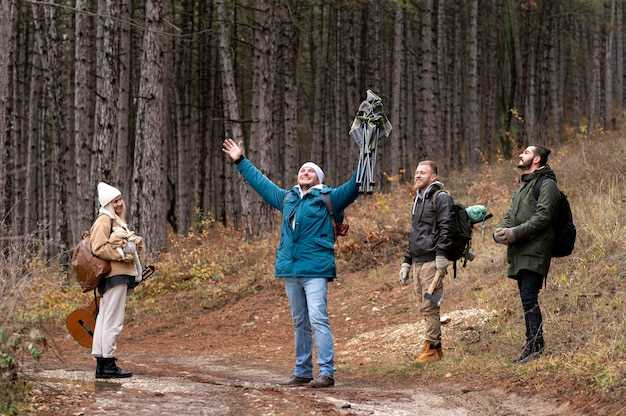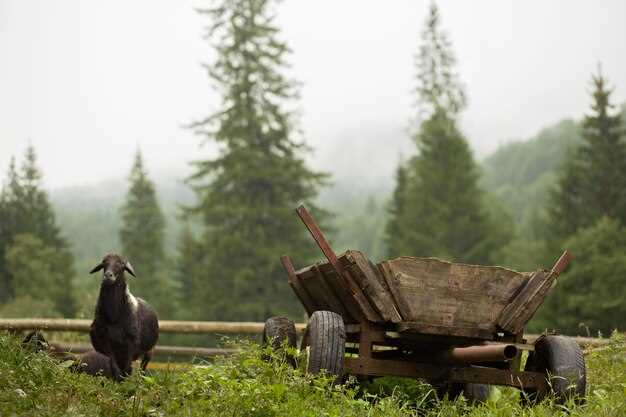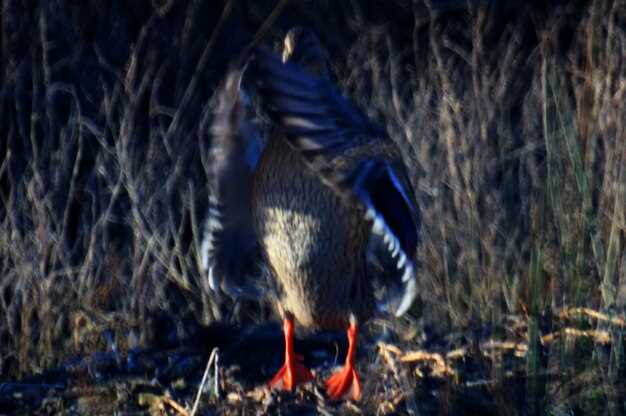
When it comes to goose hunting, understanding the optimal times and conditions is crucial for a successful outing. Geese are remarkable creatures, often exhibiting specific behaviors and patterns that can be closely tied to their environment. Properly analyzing these factors not only increases the chances of a successful hunt but also enhances the overall experience of the hunter.
Several elements influence goose movement and feeding habits, including weather conditions, time of day, and seasonal changes. Geese are generally more active during early morning and late afternoon, which are regarded as the best times for hunting. Additionally, understanding the impact of factors like wind direction and temperature can significantly improve your chances of success in the field.
Furthermore, the type of terrain plays a vital role in determining the success of your hunting expedition. Locations near water sources and fields where geese feed provide prime opportunities for hunters. By identifying these key areas and combining them with the right timing, hunters can maximize their chances of not only encountering geese but also effectively participating in a rewarding and sustainable hunting practice.
Best Weather Patterns for Goose Hunting Success

Understanding the weather patterns is essential for successful goose hunting. Geese are highly influenced by atmospheric conditions, which can affect their feeding, flying, and migration habits. Ideal weather conditions can increase the chances of a successful hunt significantly.
The best time for hunting geese is during overcast days. Cloud cover can create a sense of security for geese, as they are less likely to be spotted by predators. On these days, geese may be more active, moving throughout fields and water bodies to feed. Moreover, low light conditions can make them easier to approach.
Another favorable weather condition is light rain or drizzle. During such weather, geese often become more active as they take advantage of the reduced visibility to forage. The moisture in the air can also help keep the birds close to the ground, making them easier targets.
Temperature plays a crucial role too. Mild temperatures during early morning or late afternoon are optimal, as geese are typically seeking food sources during these times. Prolonged cold spells can push geese to migrate, while warmer temperatures might keep them in the vicinity but less active.
Wind direction and speed also contribute to hunting success. A gentle breeze from the north can be ideal, as it often coincides with the migratory patterns of geese. High winds, however, can disrupt their flight patterns, making them less predictable and harder to hunt.
Paying attention to barometric pressure can also enhance hunting efforts. A falling barometric pressure is often a precursor to storms, prompting birds to feed in advance of incoming weather. This can create opportunities for hunters to capitalize on increased activity.
Lastly, local weather patterns should be monitored closely. Utilizing apps and websites to track real-time changes can help hunters make informed decisions on optimal hunting days. Being adaptable to changing conditions can lead to increased success in the field.
Ideal Time of Day for Goose Hunting Trips

When planning a goose hunting trip, timing is crucial for success. The ideal time of day largely depends on various factors, including the season, local weather conditions, and the behavior of geese.
Typically, the two prime times for hunting are early morning and late afternoon. Morning hunts are often rewarding, as geese are more active during the dawn hours. They tend to move from their roosting sites to feeding areas, making them vulnerable to hunters prepared at sunrise.
In contrast, afternoon hunts can also yield positive results. As the day progresses, geese often return to their roosts after feeding. This movement can create opportunities for hunters, especially if they position themselves near known flight paths.
Furthermore, the weather plays a significant role in determining the best time for hunting. Overcast days can enhance visibility and reduce the likelihood of geese spotting hunters. Additionally, conditions such as light rain or wind can disrupt typical patterns and lead to increased geese activity.
In summary, the best times for goose hunting are early morning and late afternoon, influenced by the specific weather conditions on the day of the hunt. Being aware of these factors will significantly improve the chances of a successful outing.
Influence of Seasonal Changes on Goose Behavior
The behavior of geese is significantly affected by seasonal changes, which directly impacts hunting strategies. During sprinting migration seasons, generally in spring and fall, geese exhibit more active behaviors as they travel to breeding or wintering grounds. Understanding these patterns is crucial for successful goose hunting.
In spring, geese are often more vocal and social as they prepare for mating. They gather in larger flocks, making them easier to locate. Hunters can take advantage of this behavior by setting up near feeding and nesting areas, ensuring they remain undetected while replicating the sounds of calling geese.
As seasons shift towards summer, geese become less mobile, focusing on nesting and rearing young. This period leads to increased territoriality, and adult geese may be more protective. Hunting during this phase is often discouraged, as it coincides with their reproductive cycle.
With the onset of autumn, the behavior of geese changes again as they prepare for migration. These birds exhibit heightened feeding activities, especially in agricultural regions where grain is abundant. Hunters should target these areas during peak feeding times to increase their chances of success. Geese typically migrate at specific times of day, often flying during dawn and dusk, which provides optimal windows for hunting.
The presence of cold weather can also influence goose behavior. As temperatures drop, geese seek more sheltered feeding locations, such as wetlands or fields that retain warmth. Understanding these patterns allows hunters to adjust their tactics and find geese in their preferred habitats.
In summary, the influence of seasonal changes on goose behavior is profound, and successful hunting relies on the ability to adapt to these shifts. By paying close attention to seasonal migrations, nesting patterns, and local environmental conditions, hunters can enhance their success rates significantly.